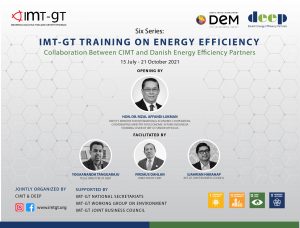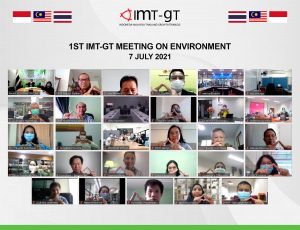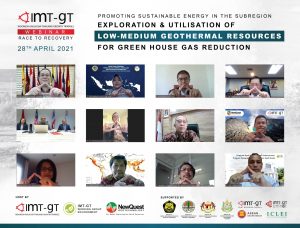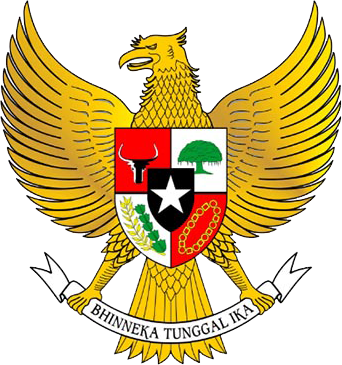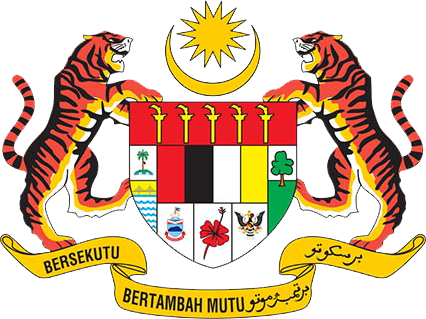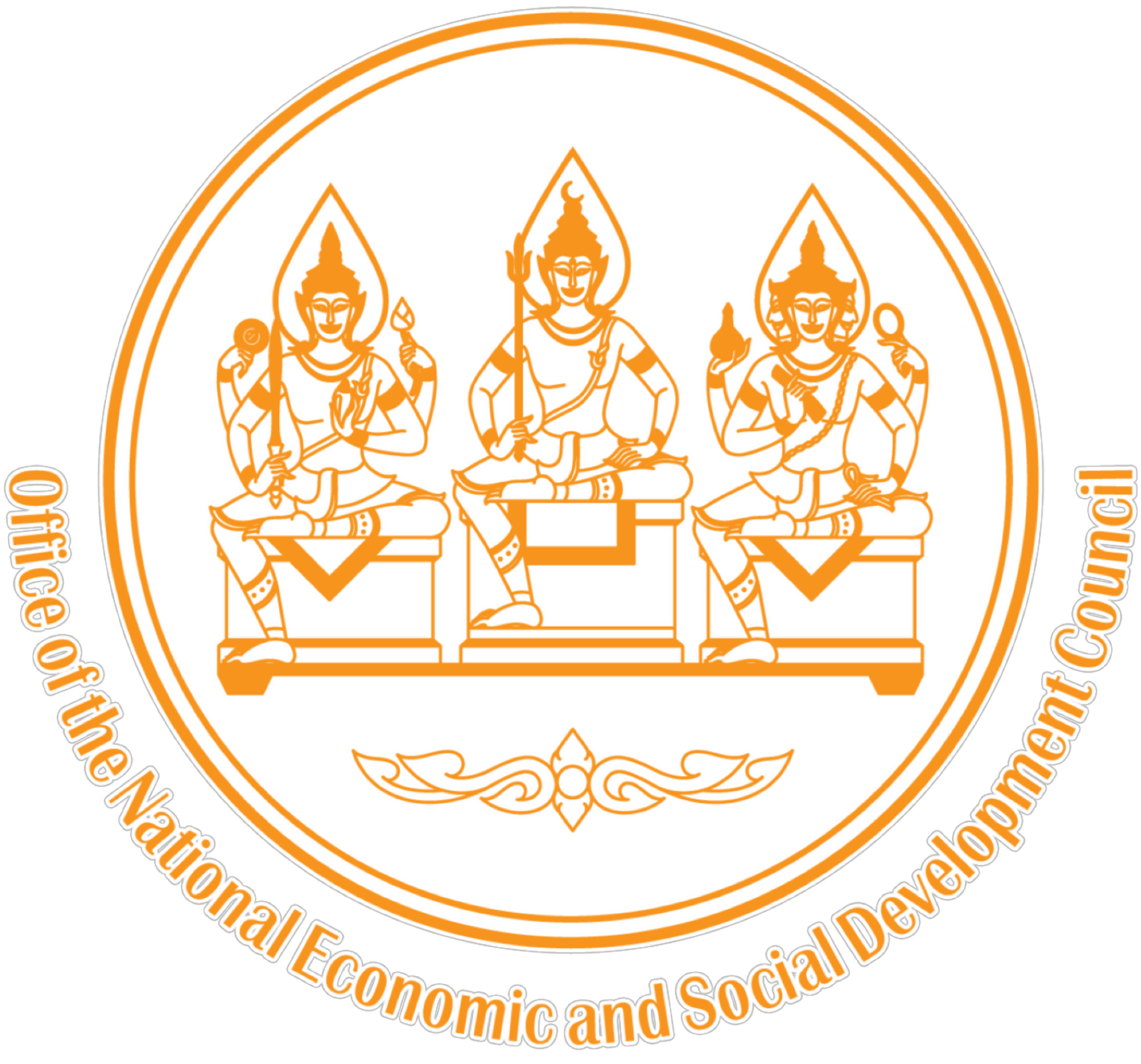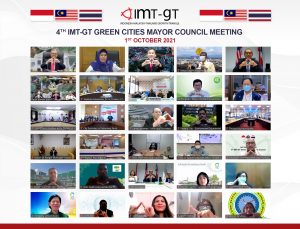
Strategies to spearhead growth
environment focus area strategies
IMT-GT is highly vulnerable to climate change as a large proportion of its population and economic activity is concentrated along the coastlines. The subregion relies heavily on agriculture for livelihoods and has built its export industries around natural resources. However, as the findings of the Comprehensive Review of the IMT-GT Strategy have shown, the subregion’s natural resources and biodiversity are under severe pressures from years of exploitation and extraction. Its natural areas are increasingly fragmented within a matrix of human-dominated landscapes and seascapes. This fragmentation affects the movement of species and the flow of ecological processes critical for the provision of ecosystem services that are vital to the well-being of the people.
Acknowledging that sustained economic growth can take place only when there is a healthy natural environment, IMT-GT will mainstream environmental considerations in its cooperation agenda during the Vision 2036 period. The scope of the environmental cooperation covers:
- Low carbon economy, including, but not limited to, sustainable urban development, and promotion of renewable energy, energy efficiency and green mobility
- Sustainable management of natural resources and protection and conservation biodiversity
IMT-GT will pursue three priority strategies, as follows:
- Upscale and replicate the Green City Initiative across the subregion
- Undertake coordinated efforts for the sustainable management of the natural resources in IMT-GT, such as the forests, water, wildlife, among others
- Enhance collaboration in the management and restoration of adjacent ecosystems (e.g., watersheds, breeding grounds and migration routes of animals)
LIST OF COMPLETED PROJECT
| No. | Project Name | Project Proponent | Status | Year |
|---|---|---|---|---|
| 1. | Sustainable Urban Development Framework and Action Plan 2019-2036 | IMT-GT | Completed | June 2016 – December 2018 |
| 2. | Integrated Green Urban Transport Plan | IMT-GT, ADB | Completed | September 2018 – September 2019 |
| 3. | Regional Green Cities Conference – 1st Green Cities Conference/Forum: Sept 2017 – 2nd Green Cities Conference/Forum: Oct 2018 – 3rd Green Cities Forum: Jan 2020 | IMT-GT, ADB | Completed | |
| 4. | Non-Revenue Water Forum | IMT-GT, ADB | Completed | April 2019 |


